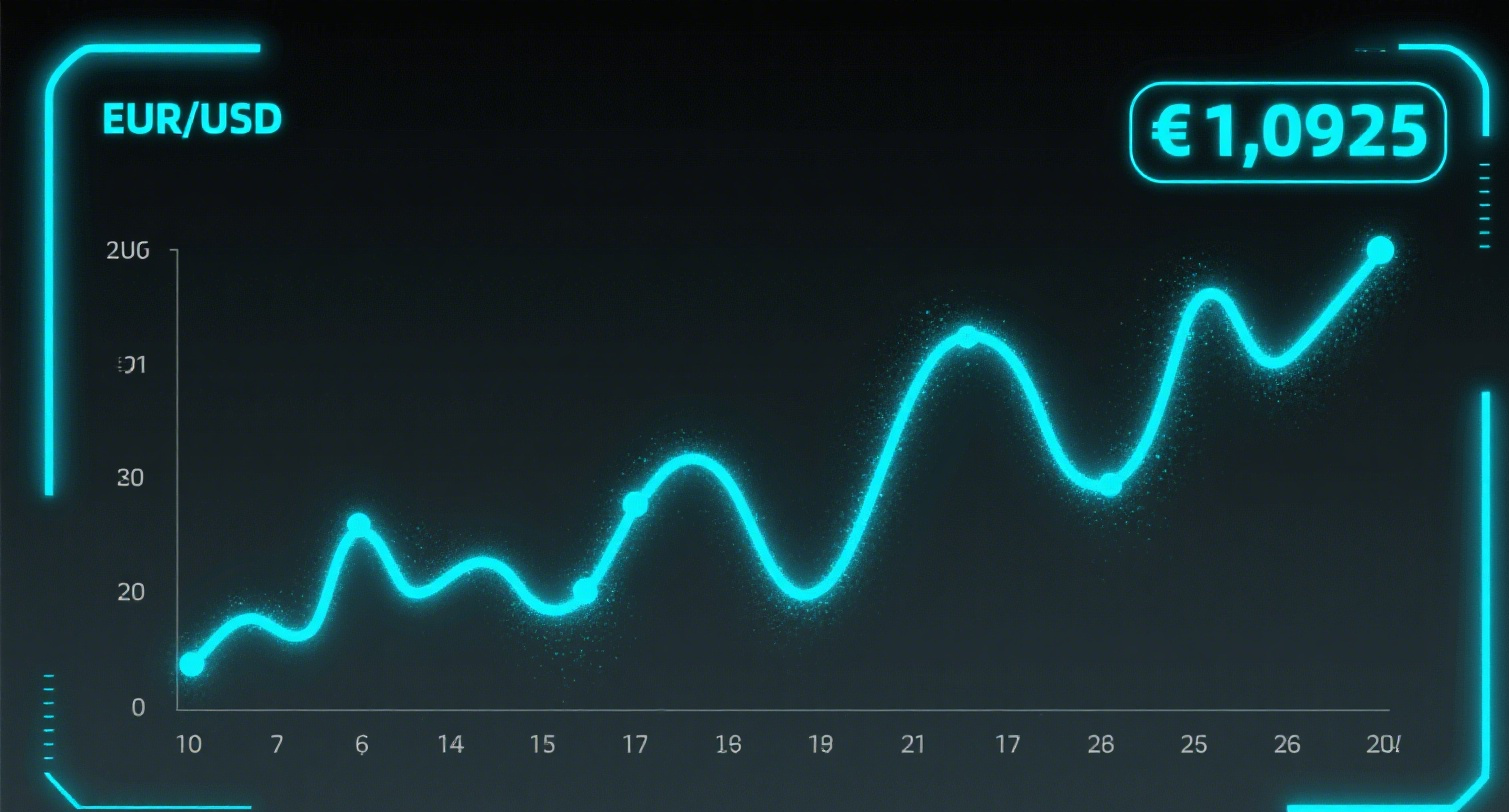
Interview | Victor Securities’ Chen Chen: Hong Kong is a "Policy Buffer Zone" for Stablecoin Development
On August 1, Hong Kong’s "Stablecoin Ordinance" officially came into effect. In addition to the highly anticipated issuers securing the first batch of scarce licenses, other key players in Hong Kong’s stablecoin ecosystem include platforms deterministically involved in creating stablecoin use cases, such as virtual asset trading platforms, custodian banks, and auditing institutions.
Local Hong Kong brokerages have already ventured into virtual asset businesses. As early as November 2023, Victor Securities became the first brokerage approved to conduct retail cryptocurrency trading. Recently, a reporter from 21st Century Business Herald interviewed Chen Chen, Chief Strategy Officer of virtual asset trading platform VDX and ecosystem partner of Victor Securities.
Chen Chen believes that stablecoins present both opportunities and challenges, requiring investors to exercise rational discernment and judgment. Against the backdrop of global stablecoin issuance, the primary role of the Hong Kong market is to conduct limited and controlled experimentation and openness, forming a "policy buffer zone." He argues that as an international financial center, Hong Kong holds significant advantages.
21st Century: Hong Kong has adopted a cautious approach to stablecoin regulation. How do you view the recent surge in discussions and subsequent cooling measures? Chen Chen: Stablecoins undoubtedly carry risks and challenges because the blockchain is an anonymous space with freer capital flows.
In my view, many innovations emerge first, and only after being tested in the market do issues arise, leading to regulatory refinements and supplements. Technology itself is relatively neutral—the key lies in how people use it. It can have both positive and negative aspects.
In the long run, stablecoin development indeed has substantial growth potential, possibly expanding by dozens of times. However, in the short term, the market is undoubtedly overheated, and many institutions are merely riding the hype without direct involvement in the business.
Thus, investors need to rationally discern and evaluate. Currently, many institutions are applying for stablecoin-related qualifications, but very few will actually be approved. This is a high-threshold field, likely accessible only to major players.
Moreover, stablecoins are not tools for investment or speculation. Their value remains pegged at 1:1, serving as a store of value and medium of exchange. Non-compliant stablecoins, if issued by entities without sufficient collateral, may collapse, face bank runs, or carry counterparty or fraud risks.
Therefore, Hong Kong’s relevant legislation requires stablecoin issuers of a certain scale to operate with a license and maintain 1:1 reserve collateral, imposing constraints at the issuance level to prevent systemic financial risks and risk spillovers.
















